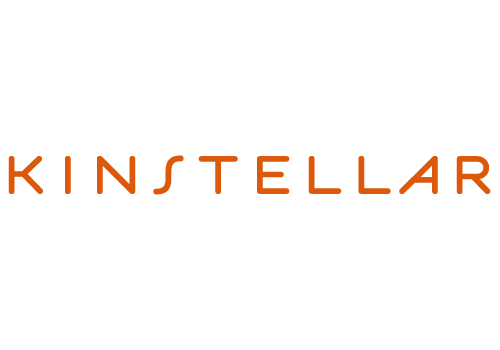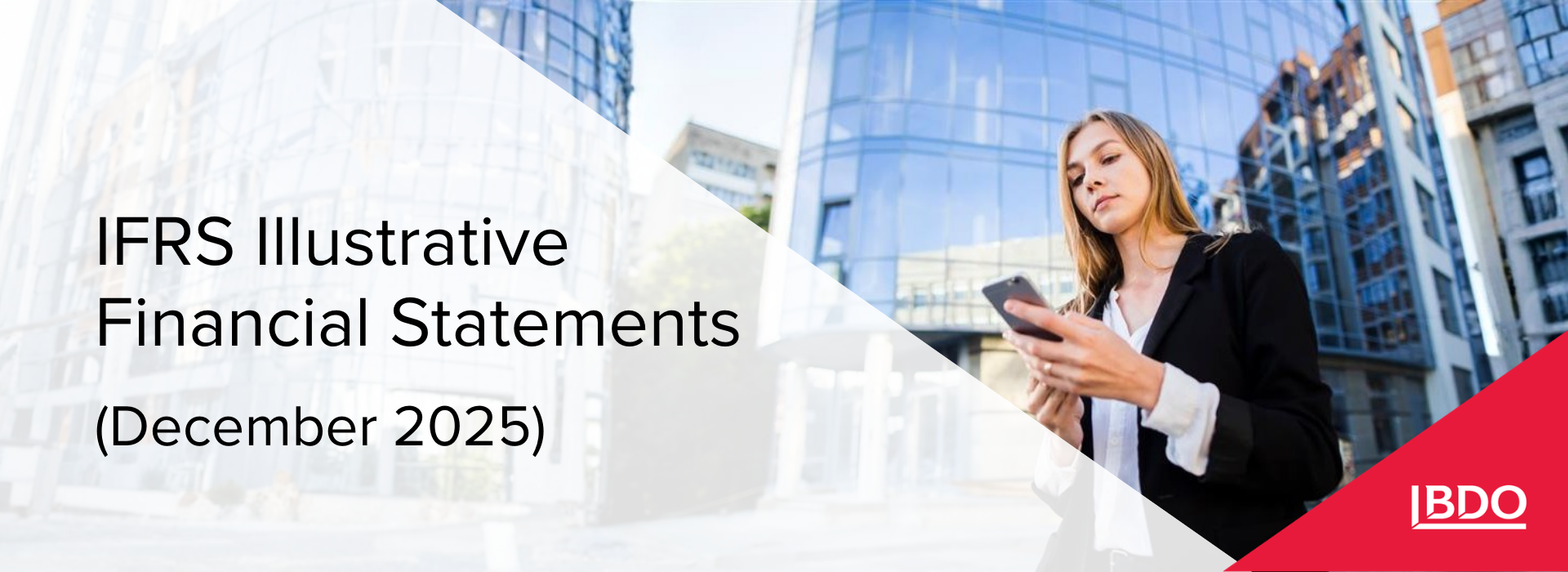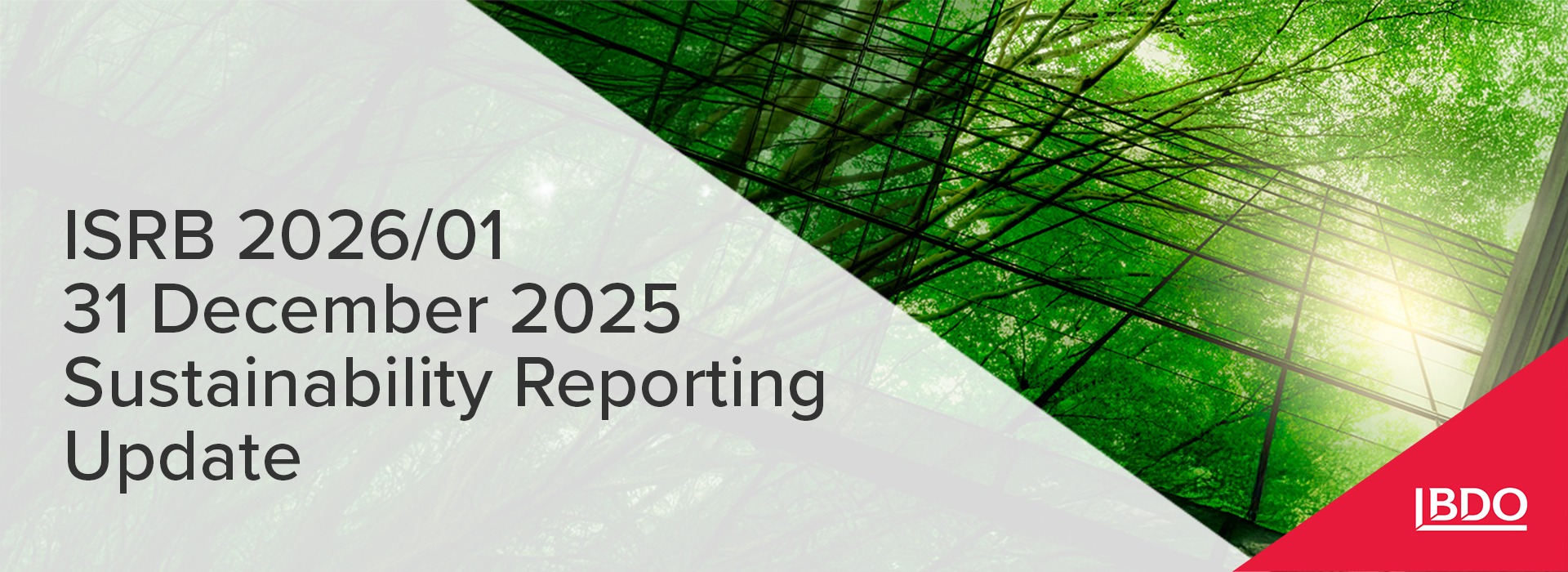Mechanism: Investment arbitration
Grounds
Bilateral investment treaties with the Russian Federation, in particular, the Bilateral Investment Treaty between Ukraine and the Russian Federation, dated 27 November 1998, and international law.
Type of damage to be compensated and assessment of damage
Direct and indirect losses, i.e.:
- the full market value of assets affected by the actions of the Russian Federation;
- lost profits that would have been accrued in the ordinary course of business but for the irregularity
Furthermore, moral damage caused to the investor's person, including compensating damage that led to mental suffering, insults to feelings, humiliation, shame, degradation, loss of social standing or damage to credit or reputation.
Damage is assessed according to international standards, which means a more comprehensive amount of compensation is awarded.
Decision perspectives
Since 2014, the practice of considering investor cases against the Russian Federation related to the occupation of the Crimean Peninsula has been formed on the basis of the international legal concept of "effective control".
Arbitral tribunals that have heard cases involving Crimean assets have developed an approach to the application of investment treaties outside the territory over which a state exercises its legitimate sovereignty. The "Crimean cases" can be extrapolated to the East and South of Ukraine, over which Russia currently exercises de facto control, or which have recently been formally annexed by Russia.
Given this practice of investment arbitration, the development of public international law and its application, the prospect exists of positive decisions in favour of Ukrainian investors.
Recognition and enforcement of a decision
Investment arbitral awards are recognised and enforced without hindrance in virtually any jurisdiction on the basis of the New York Convention, to which almost all the world’s nation states are a party.
It is also possible to "sell" an arbitral award at a discount to specialised funds, which means that the arbitral award can be monetised quickly.
Term – from 3 to 5 years
Mechanism: Ukrainian courts
Grounds
Ukrainian legislation.
Type of damage to be compensated and assessment of damage
Direct and indirect losses, as well as non-pecuniary damage.
An assessment of damage is carried out according to national standards, which are based on more conservative methods of damage assessment, which means a lower amount of compensation awarded
Decision perspectives
Since 2022, Ukraine has been developing a practice where courts satisfy claims for damages from the Russian Federation, arguing against the Russian Federation's judicial immunity on the grounds of its gross violation of international law.
Recognition and enforcement of a decision
A significant drawback of Ukrainian court decisions is the lack of a practical mechanism for their recognition and enforcement, and therefore for the recovery of compensation due to the apparent judicial immunity of the Russian Federation.
Term – several months
Mechanism: International Register of Damage Caused by the Armed Aggression of the Russian Federation (Register)
Grounds
The Register was established pursuant to Resolution CM/Res (2023)3 "On the Establishment of an Enlarged Partial Agreement on the Register of Damage Caused by the Aggression of the Russian Federation against Ukraine" at the Summit of Heads of State and Government of the Council of Europe, held on 16-17 May 2023 in Reykjavik, Iceland.
The Register is part of the International Compensation Mechanism, which provides for the establishment of a Claims Commission and a Compensation Fund.
The Register does not review the merits of the claims received, does not assess their value, and does not make any payments. These will be the functions of the Commission and the Compensation Fund.
Type of damage to be compensated
The application to the Register may be submitted by legal entities (including foreign entities), individuals, and the state of Ukraine (including state authorities and state-owned enterprises).
The initial launch of the Register is focused on only one category - damage or destruction of residential real estate of individuals, so only individuals can apply for it.
Subsequently, redress will be available in respect of:
- deprivation of health and life, torture
- economic losses, loss of property and income
- the forced displacement of persons.
Legal entities may file claims for damage or destruction of property and other assets, claims for compensation for other economic losses, such as loss of control over property in the temporarily occupied territories, relocation (evacuation) of business, and humanitarian aid costs.
Damage caused after 24 February 2022 on the territory of Ukraine within its internationally recognised borders, which also extend to its territorial waters, is compensated.
Application procedure
An application is submitted through the Diia portal at no cost.
Applicants will be required to provide information identifying them along with evidence to prove the respective loss, damage or injury. The Register will cooperate with the Government of Ukraine to provide support to claimants in submitting their claims.
There are no time limits for submitting an application to the Register. It is presently unclear when the next stages of the mechanism will be created.
Mechanism: National programme “eRestoration” (eVidnovlennia)
Grounds
The Law of Ukraine "On Compensation for Damage and Destruction of Certain Categories of Real Estate as a Result of Hostilities, Terrorist Attacks, Sabotage Caused by the Armed Aggression of the Russian Federation against Ukraine and the State Register of Property Damaged and Destroyed as a Result of Hostilities, Terrorist Attacks, Sabotage Caused by the Armed Aggression of the Russian Federation against Ukraine".
Types of property for which compensation is provided and assessment of the amount of compensation
The programme provides compensation for property destroyed or damaged after 24 February 2022, located on the territory of Ukraine, where no active hostilities are taking place and not in the temporarily occupied territories.
- Single-family houses,
- Manor houses, summer houses, cottages
- Blocked houses with separate apartments with their own entrance
- Apartments in apartment buildings, but only if the common areas are not damaged.
The amount of compensation is determined by the Commission for consideration of issues related to compensation for destroyed real estate separately for each damaged object in accordance with a special checklist for determining the amount of compensation for the restoration of a damaged real estate object, which is filled in based on the results of the inspection of such an object. The amount of compensation will not exceed UAH 500,000.
Application procedure
The application is submitted through the Diia portal at no cost.
Submission of the application is preceded by the submission of an information notice on damaged and destroyed real estate through Diia, or through an administrative service centre. The procedure for submitting such a notification is established by the CMU’s Resolution of 26 March 2022, No. 380.
It is important that the damaged object is registered in the State Register of Property Rights to real estate.
Term of obtaining compensation – up to 1 year
Conclusions and practical aspects
Investment arbitration
- Text possibility of obtaining the fullest amount of compensation for the damage caused
- a high probability of recognition and enforcement of a judgment based on international conventions
- the possibility of attracting investment funds (TPFs) that finance participation in investment arbitration, covering the costs of such arbitrations in exchange for a share of the proceeds of future arbitration awards
- terms of 3 to 5 years
- the cost ranges from EUR 3.5 to 6.5 million
Ukrainian courts
- a claim for compensation for damage caused by the Russia’s armed aggression is filed with a Ukrainian court free of charge
- since 2022, a practice has been established to satisfy claims for compensation for damage caused by the war
- the lack of a practical mechanism for the recognition and enforcement of Ukrainian court decisions, given the apparent judicial immunity of the Russian Federation
International Register of Damage Caused by Russia’s Armed Aggression Against Ukraine
- submitting an application is cost-free through the Diia portal
- when submitting an application to the Register, applicants must submit evidence that identifies them and evidence that confirms the existence of the given harm
- this represents only the first step in the creation of the International Compensation Mechanism; accordingly, it will take some time before the mechanism is fully operational
- damage caused only after 24 February 2022 on the internationally recognised territories of Ukraine is compensated
- at present, only individuals can file claims for the destruction of residential property; however, later it will be possible to file claims for compensation for economic losses, income and other property
- when deciding on the admissibility of an application, the Register Board may take into account decisions by national or international courts, but is not obliged to do so.1 This means that the submission of an application and participation in investment arbitration do not interfere with each other and are parallel processes
National programme "eRestoration" (eVidnovlennia)
- submitting an application is cost-free through the Diia portal
- when submitting an application to the Register, applicants must submit evidence that identifies them and evidence that confirms the existence of the given harm
- this represents only the first step in the creation of the International Compensation Mechanism; accordingly, it will take some time before the mechanism is fully operational
- damage caused only after 24 February 2022 on the internationally recognised territories of Ukraine is compensated
- at present, only individuals can file claims for the destruction of residential property; however, later it will be possible to file claims for compensation for economic losses, income and other property
- when deciding on the admissibility of an application, the Register Board may take into account decisions by national or international courts, but is not obliged to do so.1 This means that the submission of an application and participation in investment arbitration do not interfere with each other and are parallel processes
Conclusion
When assessing the above mechanisms, investment arbitration claims appear to be the most effective way to compensate for damage, as there are virtually no restrictions on the damage for which compensation can be obtained, and a high probability exists of the recognition and enforcement of this decision in a foreign country where the assets of the aggressor state are located. Despite the significant costs of investment arbitration and the lengthy timeframes, an investment arbitral award can be enforced in almost any jurisdiction. The high cost of investment arbitration can be covered by TPFs, which have recently shown an increasing interest in financing investment claims. Ultimately, the aggressor state (the Russian Federation) will almost certainly seek to return to a civilised framework of global relations. Therefore, in order to restore international relations and the country’s position in the international community, Russia will need to comply with the decisions of international arbitration tribunals.
For more details please contact our Competition team in Ukraine: Olexander Martinenko, Partner, at olexander.martinenko@kinstellar.com, Danylo Volkovetskyi, Managing Associate, at danylo.volkovetskyi@kinstellar.com, or Oleksandra Udovenko, Student Associate, at oleksandra.udovenko@kinstellar.com, +380 44 490 9575.
NB: The foregoing does not constitute legal advice and does not create an attorney-client relationship between Kinstellar and any recipient. This material is for marketing purposes only. It may not be transmitted to any other person or published in any manner without our consent. We are not responsible for the content of this document, but it may be used by any recipient.




























